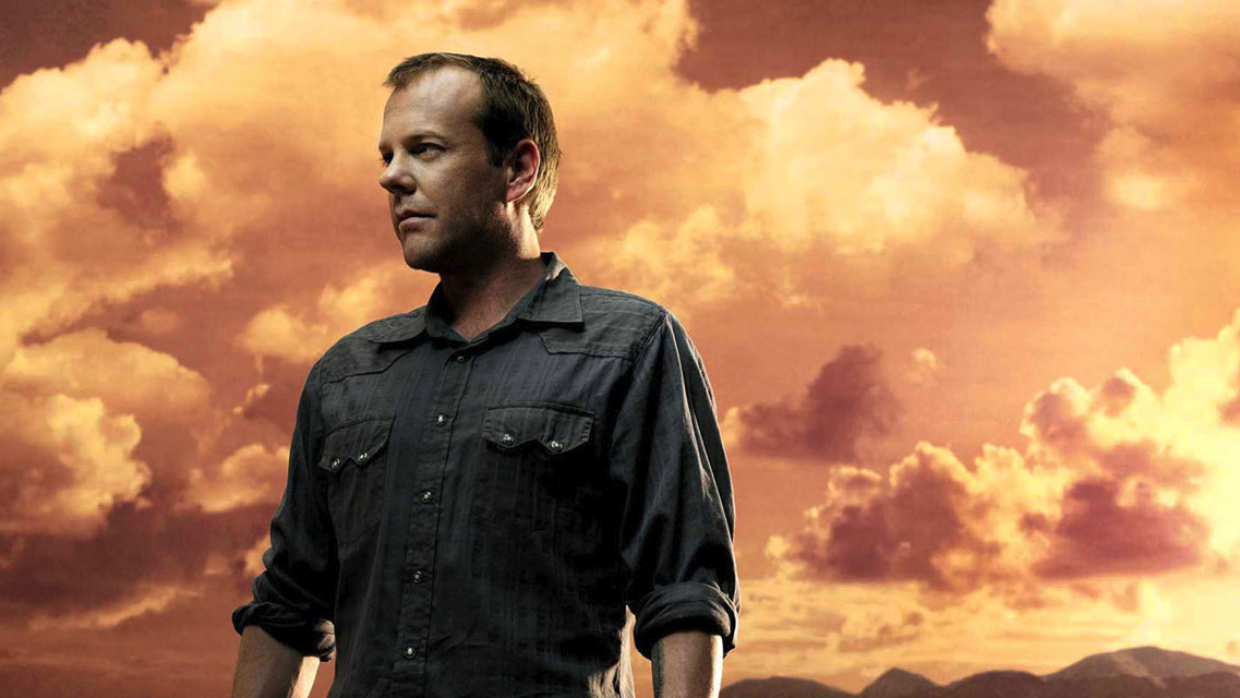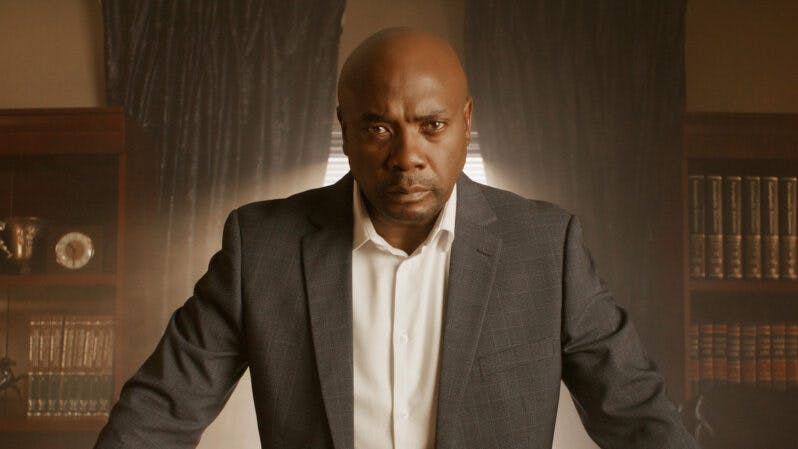
22 June 2017
The show that started the binge-watching revolution
It all started with the series 24.
Television would not be the same again. When Jack Bauer first burst onto the scene in 2001 – as a loving family man but ardent and ruthless federal agent – in the epoch-starting series 24, it heralded the beginning of the golden age of television.
Setting the trend for TV shows to come
The show was noteworthy for two reasons: it broadcast each episode sequentially over a 24-hour period, creating a fast-paced narrative and reaching a heart-stopping crescendo. It also used a big-name movie star, albeit a tad washed up, in Kiefer Sutherland. This unusual move (stars migrate from TV to Hollywood, not the other way around) was a roaring success. It prompted this current wave of movie giants appearing on the small screen.
But it did something else quite innovative too. Until then, weekly TV series followed a general theme for the season, and moved generally forward. If you missed an episode, no problem – because they were generally self-contained.
But 24 changed all that. The episodes advanced the plot each week. This meant if you missed one, it left a hole in the overall narrative.
Because of this, and its gripping content, 24 was the beginning of binge-watching. I started watching via DVDs played on my laptop in bed, and it has now migrated to today’s streaming services.
Now, such common-place behaviour even has a name. In 2015 Collins dictionary chose its word of the year as “binge-watch”. It is defined as “to watch a large number of television programmes (especially all the shows from one series) in succession”.
Bring on the binge
Instead of watching traditional TV broadcasts during primetime in 2015, 36.5% of all North American internet traffic was through streaming service Netflix.
Two years later, not only is bingeing part of the dictionary, but it’s part of our lives. That traditional way of watching television each week, as a new episode was broadcast, is as old-school as the old convention of watching TV through broadcast technologies. The internet is now the conduit for everything.
From 24, we evolved to other great show which used sequential story-telling in their core: The Sopranos, The Wire, The Shield, Mad Men, Breaking Bad, Deadwood, House of Cards, and the biggest bingeable show in the world, Game of Thrones.
But 24 was a stand-out for other reasons, too
It’s worth noting just what a good performance Sutherland delivered; and how he paved the way for big-name movie stars to return to the small screen. As much as Sutherland legitimised this reversal of traditional career trajectories, it was also the clever script writing and compelling weekly story lines that captured the minds of viewers.
His hard-core federal agent character Jack Bauer – the only TV character to ever apologise and then excuse himself to take a cellphone call – was the epitome of goodness, good grace and moral anguish as he staved off repeated terror attacks against the US President. How ironic, and fitting, that Sutherland now plays a US President in another terror-related show: Sutherland is himself the “Designated Survivor” of the modern boom in television.
Original African stories by local talent

Empini S1
Stream the Showmax Original drama series Empini from 23 May 2024.

Original Sin: My Son The Killer
Original Sin: My Son The Killer follows the murder of Andrea Venter by Gerhard Jansen van Vuuren, who then went on the run from South Africa to Brazil.
Tracking Thabo Bester
From the makers of Devilsdorp and the director of Convict Conman comes the true-crime documentary South Africa has been waiting for. Two episodes now streaming, and the remaining two episodes land on 22 March 2024 on Showmax.

The Illuminated
The Showmax Original docuseries The Illuminated explores different religious movements in South Africa. Stream now, with new episodes every Wednesday.

Koek S1
The crime comedy Koek, starring Cindy Swanepoel, now streaming on Showmax, with new episodes every Thursday.

Ekhaya Backpackers S1
Stream the Showmax Original comedy series Ekhaya Backpackers, with new episodes every Thursday.

Cheta M
Cheta M explores the love story between Adanna and Nnanna, young lovers who battle the spiritual and political forces in their way. Stream now, with new episodes Wednesday to Friday.

Youngins S1
Stream Tshedza Pictures’s first teen drama, Showmax Original Youngins, with three new episodes every week.
The Roast of Minnie Dlamini: The roast everyone's been waiting on
Empini, coming soon
More Mzansi gold

Your initiation into the cool, chaotic world of Wyfie
Feel like we’re almost at midterms but you stopped going to class after you skipped a couple of lectures? Let’s swot up on Episodes 1-24 of Showmax Original Wyfie.

Must-watch trailer for The Showmax Roast of Minnie Dlamini
See the trailer for The Showmax Roast of Minnie Dlamini, premiering on Showmax this Friday, 26 April 2024.

Nambitha Ben-Mazwi stars in Showmax Original Empini
Multi-award winner Nambitha Ben-Mazwi leads new Showmax Original Empini. The action-packed drama series premieres on Showmax 23 May 2024.

Youngins Season 1 episodes 31-33 recap: Revelations
Amo and Mahlatse become a couple, Tumelo ditches Sefako, and Khaya sees both Sefako and Principal Mthembu in a new light in episodes 31-33 of Showmax Original Youngins.
